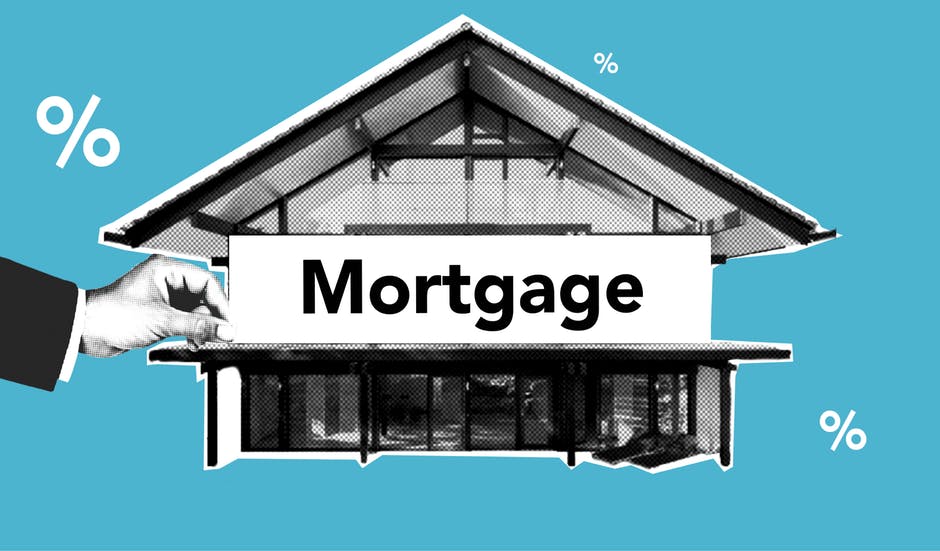
In the U.S., the average monthly mortgage is $1,609, but this can fluctuate according to the downpayment amount, length of a mortgage, the buyer’s credit history, and the location of residence. However, no matter how much you pay each month, you always have one goal: to pay off your house.
If you want to get to full homeownership by paying off a mortgage then you have to strategize and take action.
Start with these 8 tips to say goodbye to your mortgage faster.
If you are wondering how to pay off a loan then one of the best methods is to make as many payments as possible. When paying your home mortgage, you don’t have to wait for your payments to be due. Contribution to your mortgage any time of the month or year.
This may happen if you get a bonus at work or accumulate enough savings. The more payments you make then the quicker your loan will be paid off. So, if you have a 30-year mortgage, this could be reduced by several years after making extra payments.
Keep in mind that these supplemental payments can occur anytime, but you will still need to also pay your regular loan amount each month.
A more stable method to make mortgage payments is to switch to a bi-weekly schedule instead of a monthly one. This is different than making extra payments because they are scheduled rather than spontaneous.
By making two mortgage payments a month, you are cutting your mortgage length in half. So, the amount of interest once you pay off your home will also be less. This means you will get more value from your home as you’re able to pay an amount closer to the market price.
There are many types of mortgages for your home, of which you almost always have the option of refinancing. But, what exactly does refinancing mean?
By refinancing your home, you’re exchanging your current home loan for another one. So, you go through the whole process of applying for a mortgage again. While this process isn’t free since you will need to pay certain administrative and closing fees, you will save money overall.
The way that you save money is by choosing a better loan option. For example, if you paid off some of your current mortgage then you now owe less money to the lender. Refinancing with this new smaller amount may help you get a lower interest rate and a shorter mortgage period.
Home loans can also be recast in some cases. This process occurs when you have a large lump sum and you want to add it to your principal or original downpayment. It is up to your lender whether this is possible. Plus, the lender also decides your new payment schedule, which could end up costing you less money per month while lowering the total money you owe toward your mortgage.
Recasting may cost less since you are using the same loan terms. Therefore, you won’t have to pay all the fees associated with a new loan. However, recasting does not lower your current interest rate like refinancing.
If you are struggling to pay your monthly mortgage there is still hope to get back on track and pay it off. Modifying your loan may be an option.
Speak with your lender to discuss your financial hardships. They may be able to adjust your monthly payments or your interest rate in an effort to help you get your payments current. This is a much better solution than defaulting or foreclosing on your mortgage.
For example, January 2022 reported the start of 23,204 foreclosures, which was a 700% increase from December 2021. Lenders may try to avoid this trend by modifying your loan.
Be aware that this method of paying your mortgage could lower your credit score as lenders report this modification.
Lowering or adjusting mortgage loans isn’t the only solution to help you pay them off. Instead, try to increase your income to make larger payments.
You could start by finding a new full-time job if possible. However, never quit your old profession until you find a new one. Other options to gain more income are getting a second job or supplementing your income.
A second job could be on the weekends or a side gig that you do during your free time. A supplement income example could look like selling your old clothes or other possessions.
Another option is to rent out a portion of your home or take on a roommate.
Choosing to sell your current home in exchange for a smaller and less expensive one will help you pay off your mortgage.
For instance, your children may have left for college or moved out so your home is too large for one or two people. Finding a home more suitable for your circumstance will also benefit you financially.
You will first need to sell your current home. Then use that equity to either put a down payment on a cheaper home or pay cash for a home with no mortgage.
Staying in your current home is always an option. But, to save money and put it toward your mortgage then you need to look elsewhere.
Make a budget to find unnecessary expenses then eliminate them. Put the total amount of money saved toward paying more each month toward your mortgage payment.
Paying off a mortgage takes a lot of work and financial planning, but when it is accomplished you can finally call yourself a homeowner. And, remember that there are professionals to help you with a current loan or discuss your options for a new mortgage.
Start by contacting Southern Home Loans to speak with a lender today.
